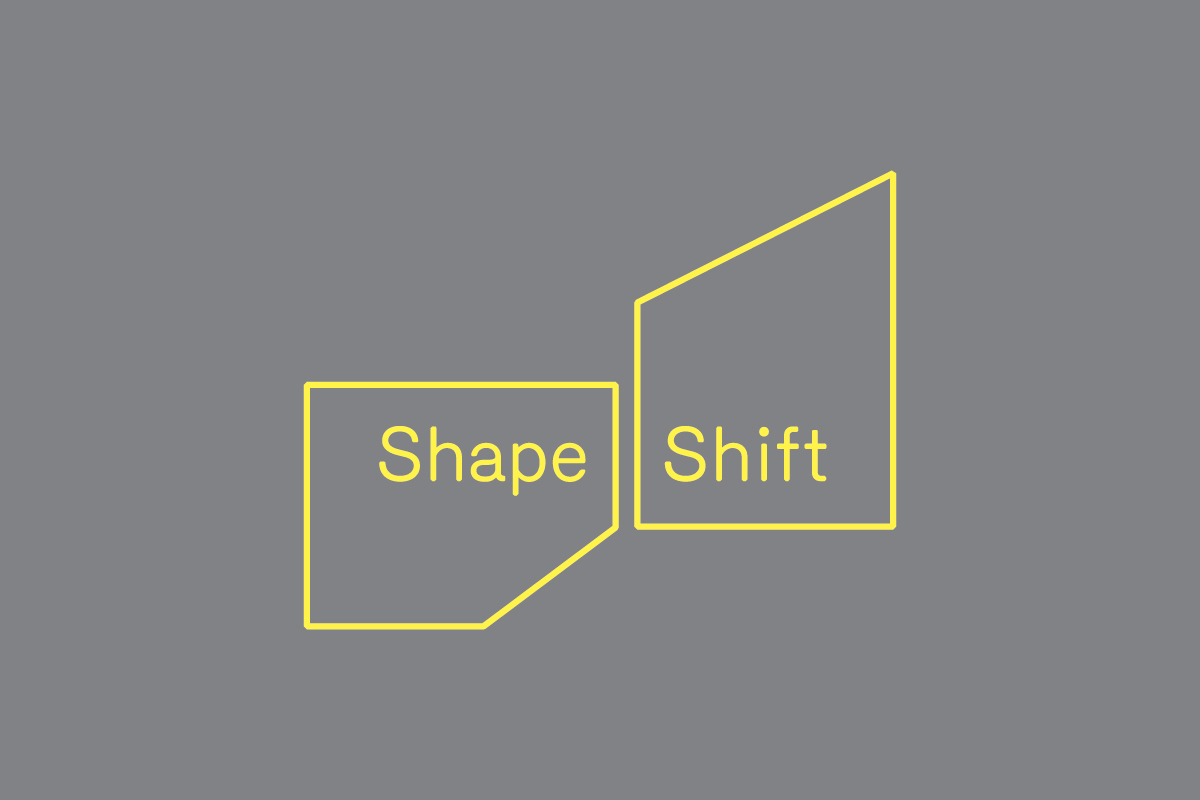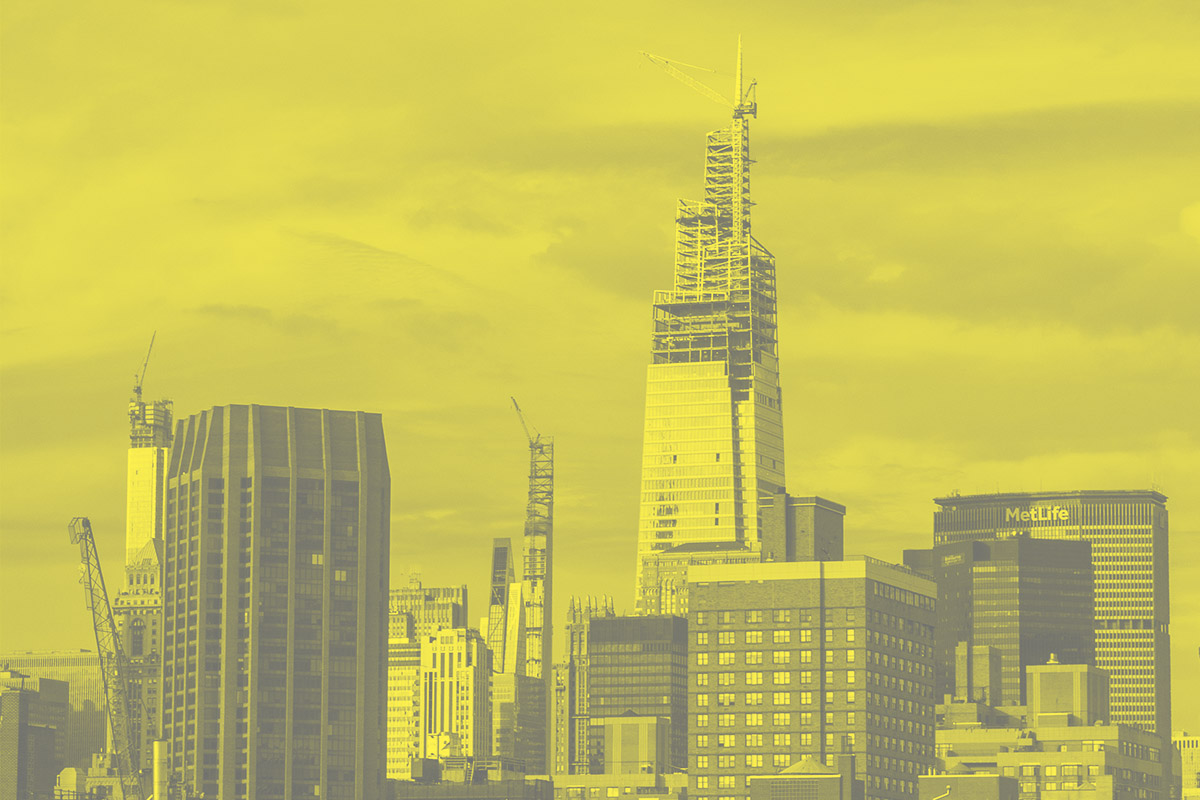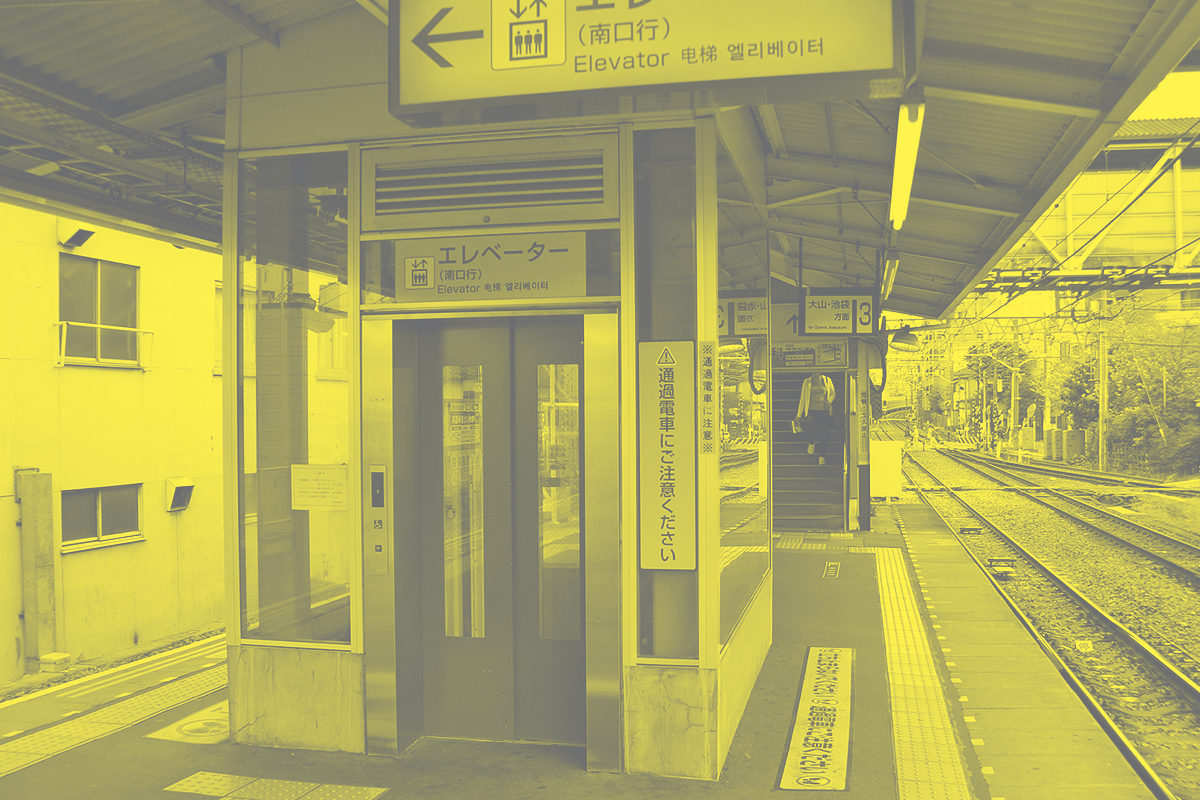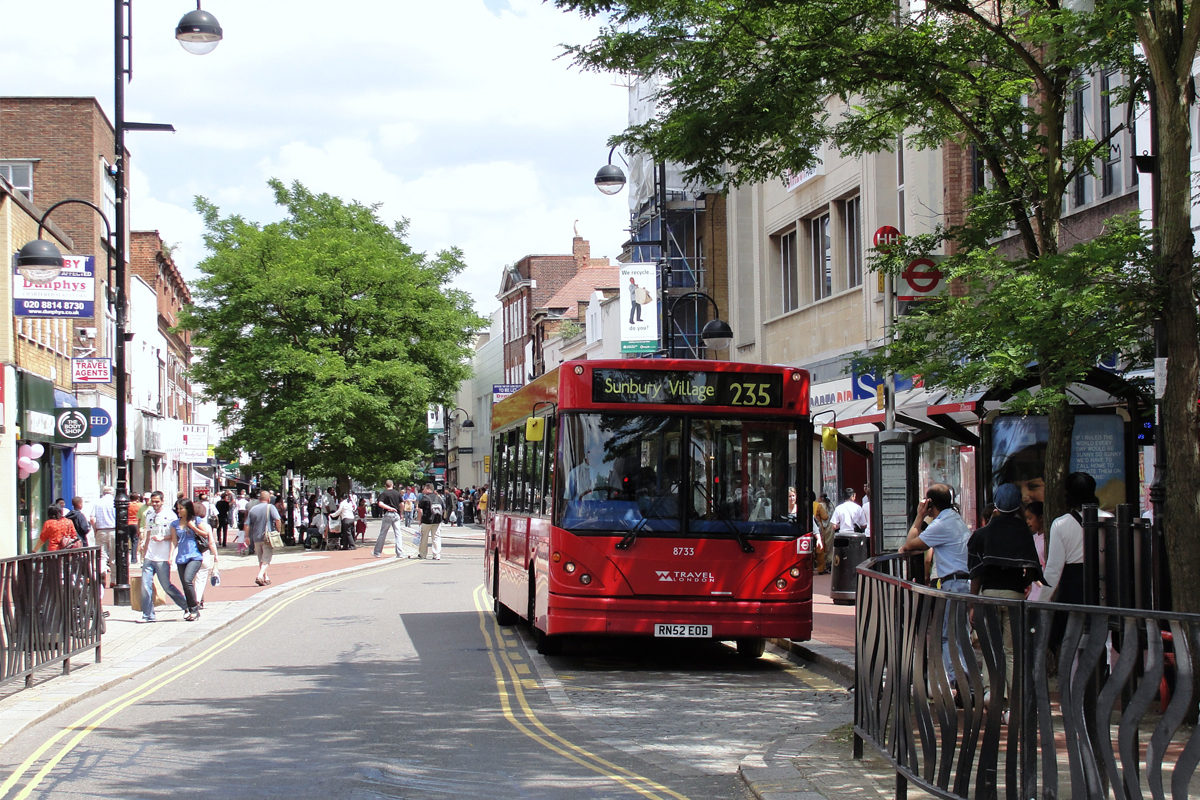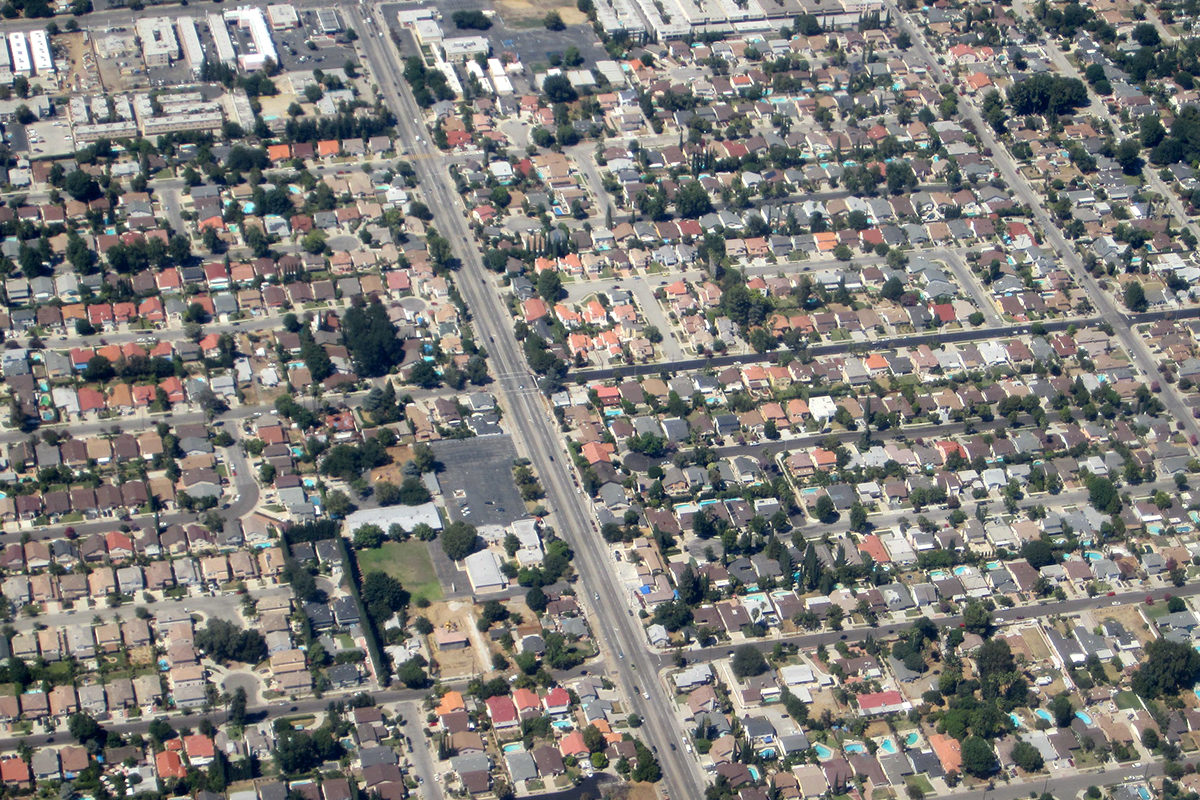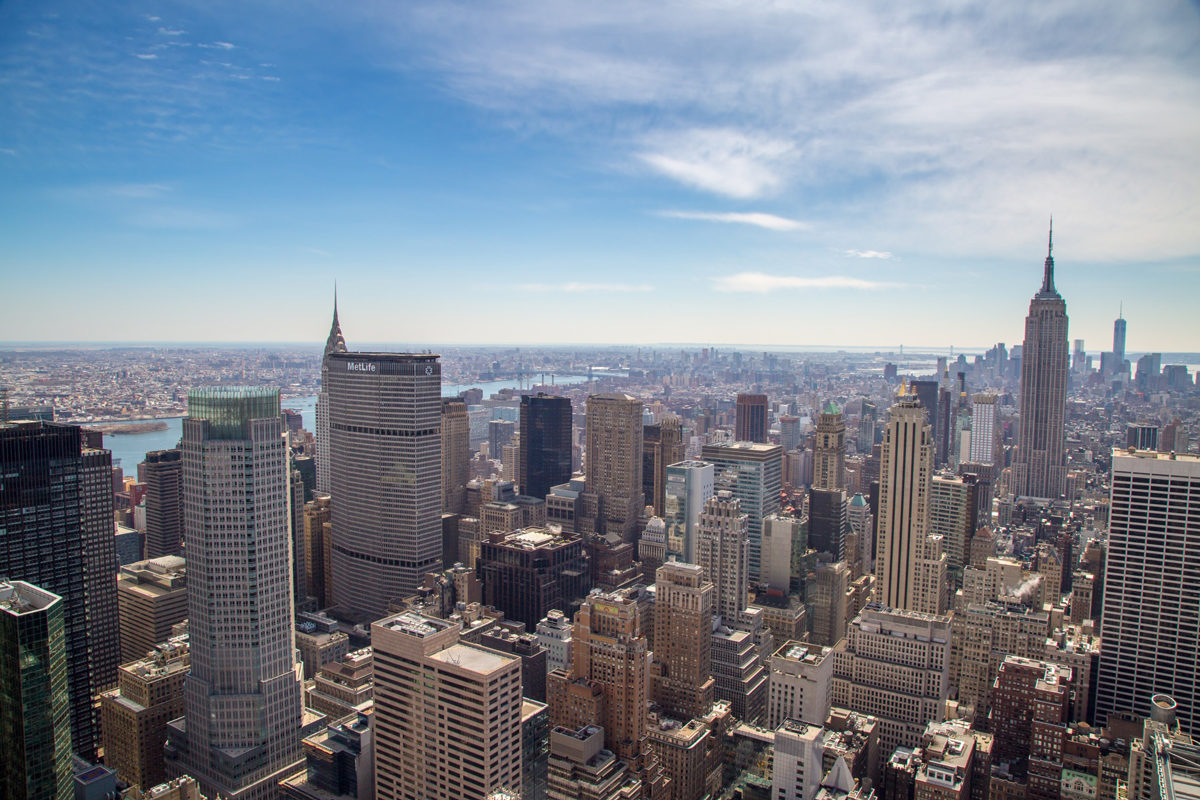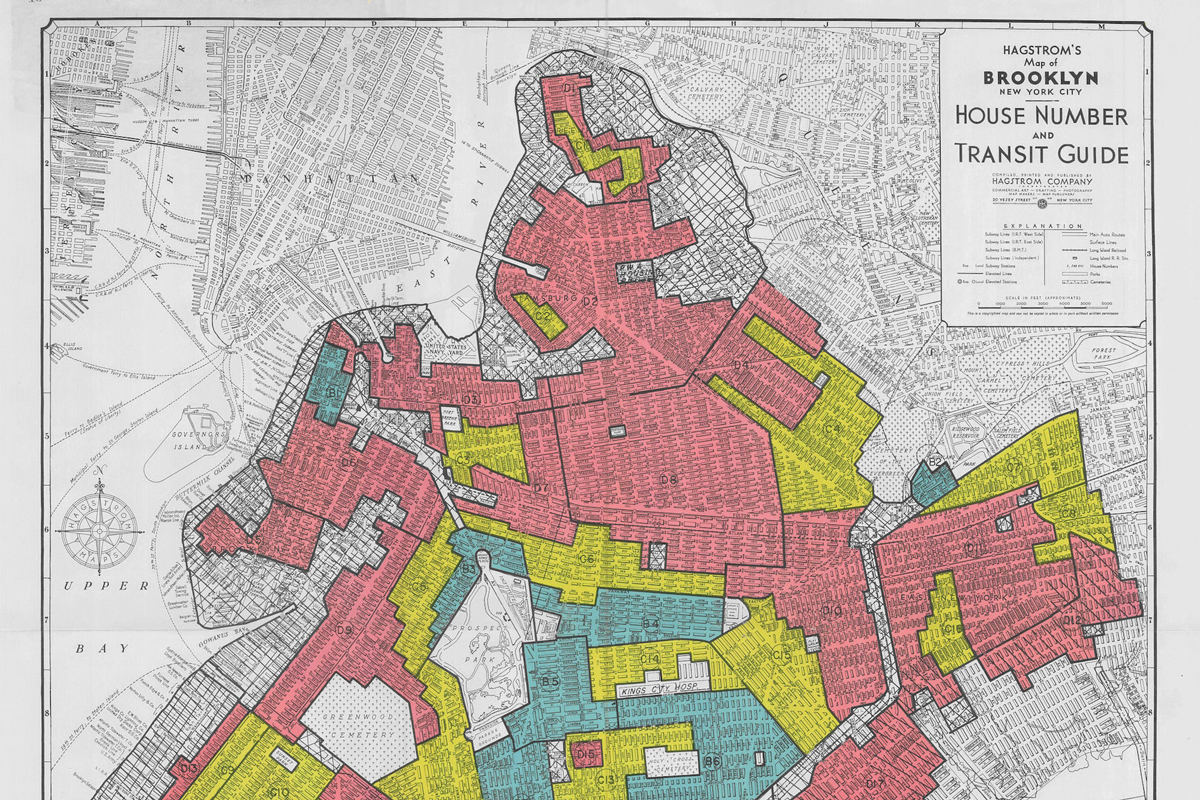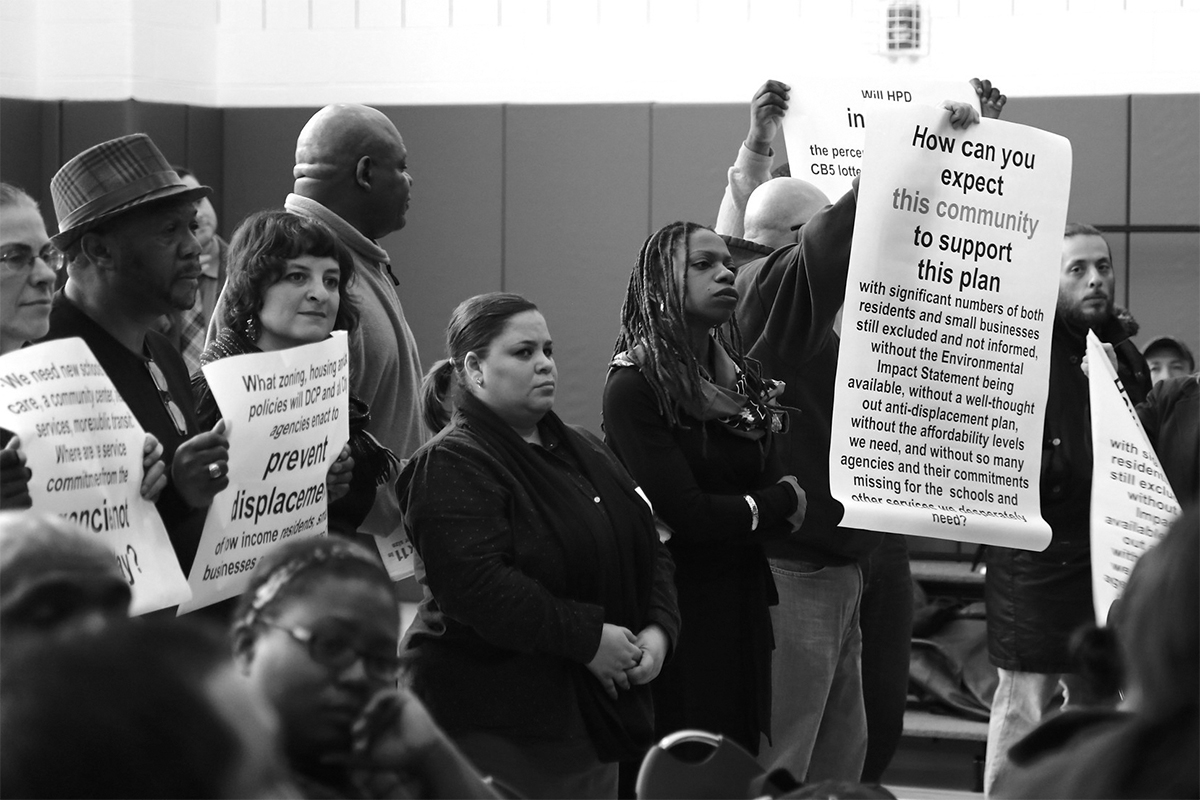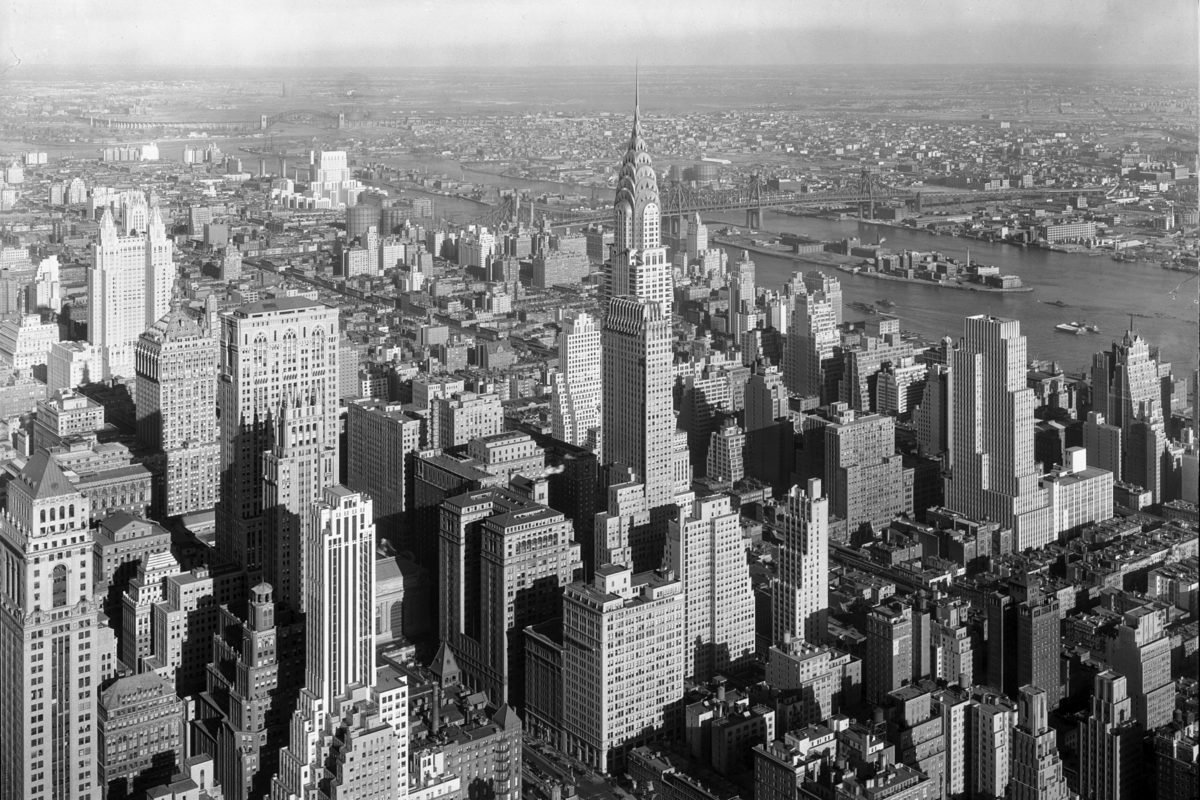Overview
New York City can transform its approach to urban design to achieve housing equity, economic justice, and environmental health. In Shape Shift, we gathered experts to study historical planning policies, convened national and international leaders advancing radical planning reforms, and mobilized our Fellows to reimagine the city’s planning process.
The most critical challenges facing our city today are expressed in the built environment. Central neighborhoods benefit from New York City’s prosperity and its diversifying economy, world-class parks, and rebuilt streetscapes; while others suffer from housing precarity, declining transit, and poor public health.
Our planning process is a balancing act between the City Planning Commission, Community Boards, Borough Presidents, and City Council, with limited community participation. As-of-right development keeps construction cranes rising citywide, but strains aging infrastructure without an overall vision. Neighborhood rezonings usher in new homes, workplaces, and infrastructure in historically disinvested communities, but threaten displacement for the most vulnerable New Yorkers.
The city’s recent approach to the built environment has not been able to end homelessness, create quality jobs, fix public transit, or protect coastlines across the five boroughs. Over the course of our city’s history, government has responded to similar crises by overhauling the zoning code to improve quality of life, rewriting the City Charter to welcome community input, and reshuffling key agencies to oversee long-term plans. New York City’s new mayor will need a radical, long-term urban vision to address these injustices.
Call for Action
How should the next mayor shape the built environment to build a more equitable city?
Learn More
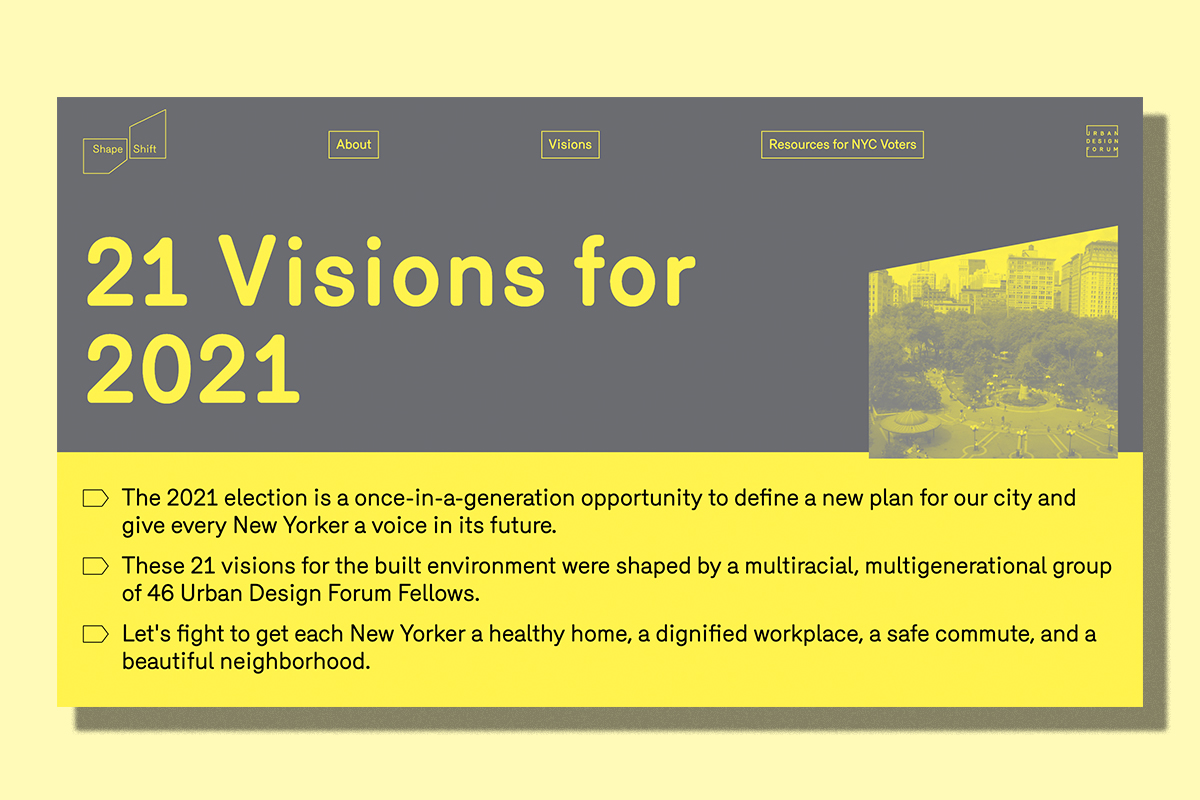
21 Visions for 2021
21 Visions of 2021 is a built environment agenda which serves as a resource and a call to action for the City’s next leadership.
Events
On June 16, join us for a roundtable discussion on tailoring development tools to deliver greater public benefits with 21 Visions for 2021 advisors Caroline Harris, AJ Pires, and Laura Wolf-Powers. Speakers will later be joined by respondents Munsun Park, Nur Asri, and Valerie White.
Join us for a discussion on designing an inclusive public realm under the next mayor with Seb Choe, Lindsay Harkema, Margaret Jankowsky, Inbar Kishoni, and Justin Garrett Moore. Thriving neighborhoods have beautiful parks, well-maintained plazas, lively high streets, and welcoming public buildings that encourage New Yorkers to gather and interact. Yet marginalized communities often lack […]
Join us in discussion with Sam Assefa, Director of Seattle’s Office of Planning & Community Development. After the discussion, Moses Gates, Annie Levers, and Beatrice Sibblies will join as respondents. In 2015, Seattle’s elected officials passed the 2035 Comprehensive Plan, a guide to future neighborhood growth. The 20-year roadmap framed planning, design and development initiatives […]
On May 13, join us for a lunchtime roundtable with Pooja Agrawal on how London is reshaping public design through Public Practice and the Mayor’s Design Advocates.
On February 25, Fellows joined us for drinks and discussion with two organizers confronting the nation’s housing crisis: Janne Flisrand and Tommy Newman.
On January 24, join us for a half-day forum on the recent progress and lessons learned from the East Midtown Rezoning.
On December 17, Fellows joined us for drinks and discussion on how historic racial planning policies produced the spatial inequalities of New York City today.
On November 20, Fellows were invited for drinks and discussion on the history of the community planning process in New York City.
On October 28, David Karnovsky, V. Mitch McEwen, Jack Robbins, and Ben Carlos Thypin discussed the history and future of zoning in New York City.
